Kamila Valieva: tears, outrage and a distressing conclusion at the Winter Olympics
After the doping scandal, Russia’s 15-year-old skating prodigy crumbled in her final event
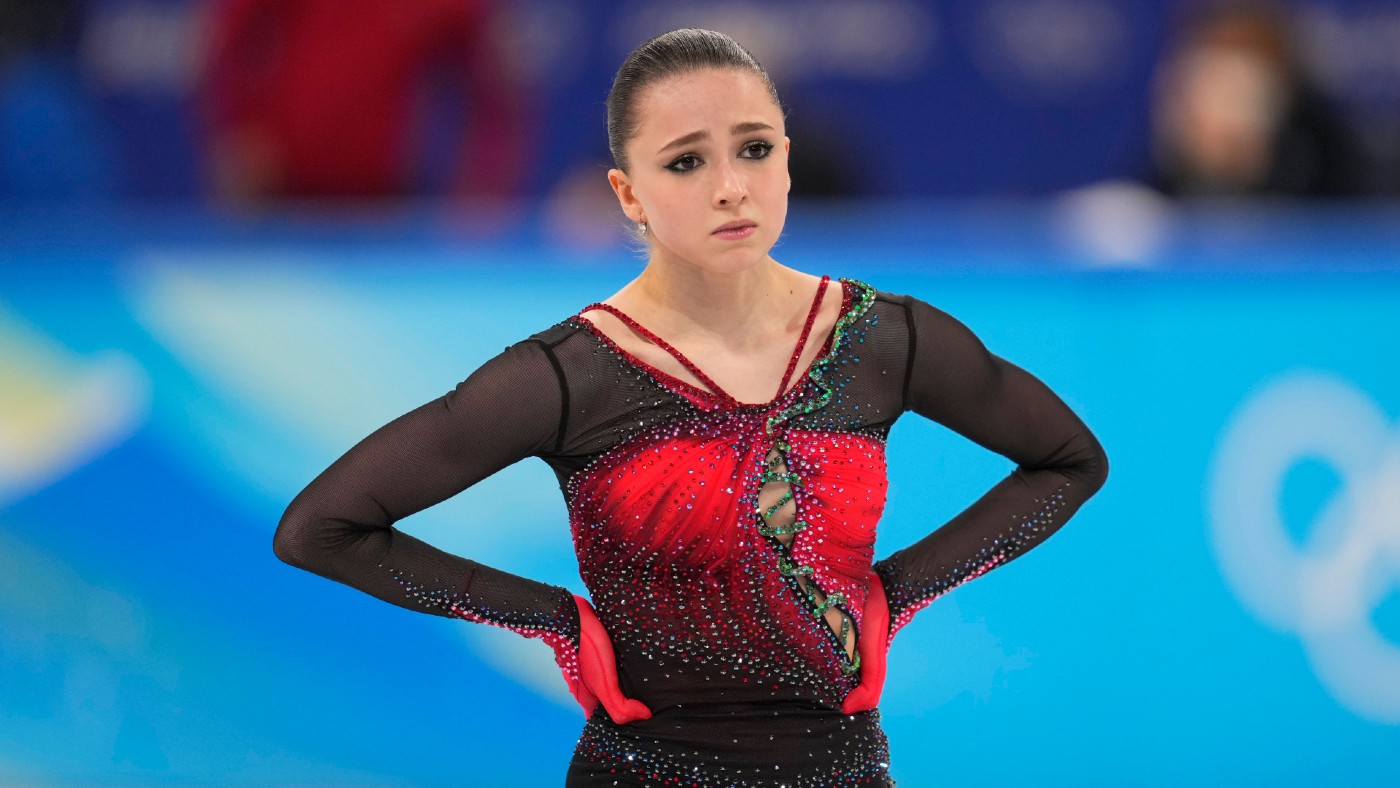
A free daily email with the biggest news stories of the day – and the best features from TheWeek.com
You are now subscribed
Your newsletter sign-up was successful
Russian figure skating prodigy Kamila Valieva was controversially cleared to compete in the Beijing 2022 Winter Olympics this week, despite testing positive for the banned angina drug trimetazidine. The 15-year-old claimed she must have been contaminated by her grandfather’s heart medication.
When the Russian Anti-Doping Agency (Rusada) was informed of the failed drugs test on 8 February it provisionally suspended her in line with World Anti-Doping Agency (Wada) rules. After Valieva appealed against the decision, Rusada agreed to lift the suspension. The International Olympic Committee (IOC), Wada and the International Skating Union then launched an appeal with the Court of Arbitration for Sport (CAS) to reinstate the provisional suspension.
The winter games descended into “acrimony and farce” after CAS cleared Valieva to compete despite the positive doping test “hanging over her head”, The Guardian said. The court stated there were “exceptional circumstances” surrounding the case, and that banning her while it was ongoing would “cause her irreparable harm”.
The Week
Escape your echo chamber. Get the facts behind the news, plus analysis from multiple perspectives.

Sign up for The Week's Free Newsletters
From our morning news briefing to a weekly Good News Newsletter, get the best of The Week delivered directly to your inbox.
From our morning news briefing to a weekly Good News Newsletter, get the best of The Week delivered directly to your inbox.
The case has drawn “worldwide scrutiny” because of Russia’s doping history, USA Today said. In 2016, Wada found that more than 1,000 Russian athletes were involved in, or benefitted from, a state-sponsored doping program from 2011 to 2015.
As a nation, Russia is currently banned from competing at the Summer or Winter Olympics. But its athletes are allowed to participate under the Russian Olympic Committee (ROC) flag.
An ‘asterisk’ next to her results
Valieva came into the games as the “biggest star in a highly-rated ROC squad”, the BBC said. And the “acclaim grew louder” when she became the first woman to land a quadruple jump at an Olympic Games – doing so in the team event, in which the ROC won gold. However, the medal ceremony was “unusually delayed” after it was revealed Valieva had failed the drugs test in December.
Cleared to compete in the women’s individual competition, Valieva performed a strong short programme on Tuesday and qualified in first place for the final free skate on Thursday, Sky Sports reported. Prior to her final skate, the IOC said the results would be “preliminary” and have an “asterisk” next to them if Valieva finished within the top three. There would also be no medal ceremony, as had been the case for the team event.
A free daily email with the biggest news stories of the day – and the best features from TheWeek.com
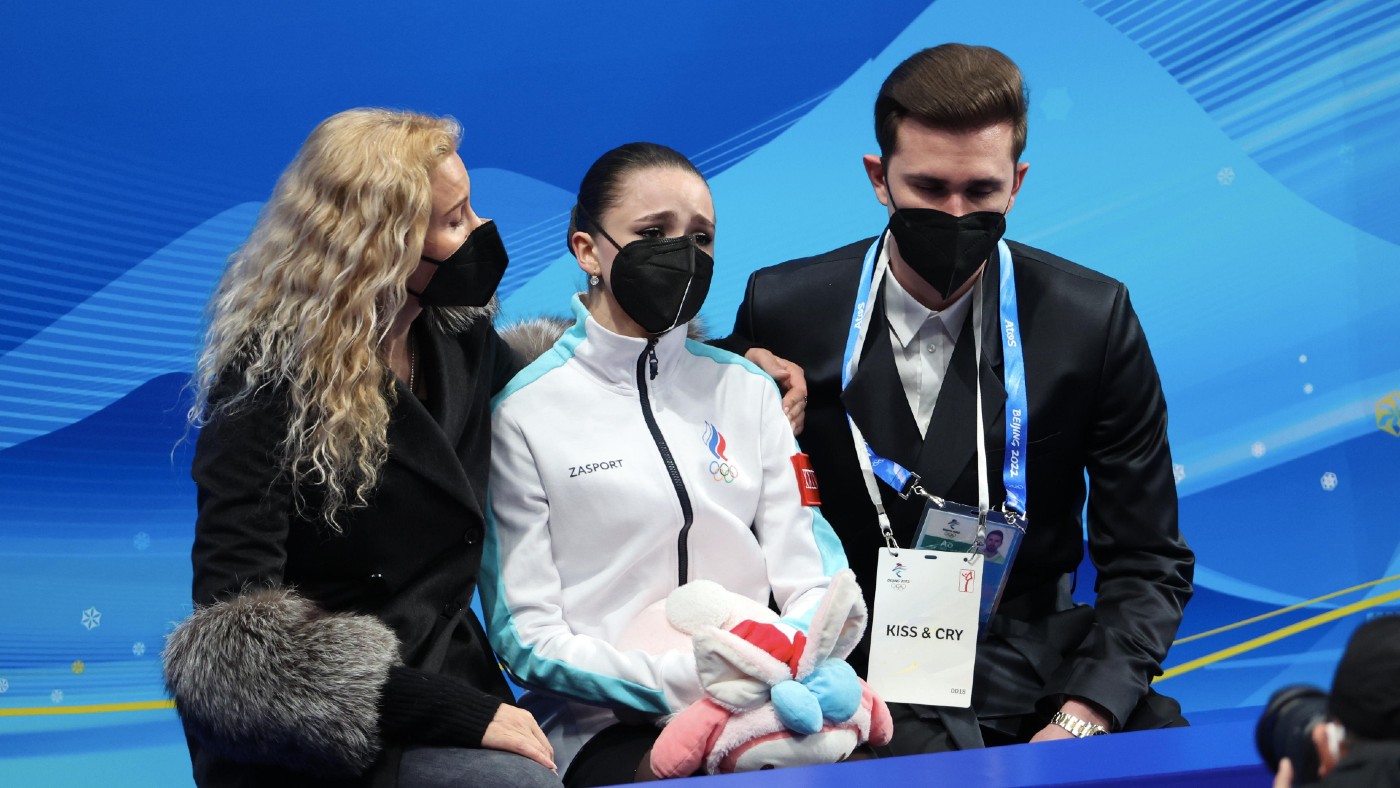
‘Uncomfortable and unpleasant’
After a week of “outrage” following the failed drugs test, Valieva’s Olympics came to a “distressing conclusion” in the free skate, the BBC said. “In the end it became one of the most uncomfortable, unpleasant moments of sport in recent memory.”
The young Russian skater crumbled under the pressure and fell several times in her final routine. She finished fourth with a total score 224.09 and her ROC team-mates Anna Shcherbakova and Alexandra Trusova won the gold and silver respectively while Japan’s Kaori Sakamoto took the bronze.
Valieva left the ice “hiding tears behind her hands” before sobbing in the “kiss and cry” area, Sky News said. There was no comfort or sympathy from her adult entourage, though. Instead coach Eteri Tutberidze “badgered” her with questions such as: “Why did you let it go? Why did you stop fighting completely? Somewhere after the axel, you let it go.”
IOC president Thomas Bach said the treatment of the distraught youngster was “chilling” to watch. “When I saw how she was received by her closest entourage with what appeared to be a tremendous coldness, it was chilling to see this, rather than giving her comfort, rather than to try to help her,” Bach said. “All of this does not give me much confidence in this closest entourage of Kamila, neither with regard to what happened in the past, nor as far as it concerns the future.”
The “trials and global tumult” of the past week were “already far beyond what any 15-year-old should have to bear”, said The Guardian’s Sean Ingle. This “isn’t how sport should be”, said Owen Slot in The Times. After her “personal disaster on the ice” in Beijing, the now “globally famous teenager” will have to attend a doping hearing. The Kamila Valieva story is “not over yet”.
Mike Starling is the former digital features editor at The Week. He started his career in 2001 in Gloucestershire as a sports reporter and sub-editor and has held various roles as a writer and editor at news, travel and B2B publications. He has spoken at a number of sports business conferences and also worked as a consultant creating sports travel content for tourism boards. International experience includes spells living and working in Dubai, UAE; Brisbane, Australia; and Beirut, Lebanon.
-
 How the FCC’s ‘equal time’ rule works
How the FCC’s ‘equal time’ rule worksIn the Spotlight The law is at the heart of the Colbert-CBS conflict
-
 What is the endgame in the DHS shutdown?
What is the endgame in the DHS shutdown?Today’s Big Question Democrats want to rein in ICE’s immigration crackdown
-
 ‘Poor time management isn’t just an inconvenience’
‘Poor time management isn’t just an inconvenience’Instant Opinion Opinion, comment and editorials of the day
-
 The Olympic timekeepers keeping the Games on track
The Olympic timekeepers keeping the Games on trackUnder the Radar Swiss watchmaking giant Omega has been at the finish line of every Olympic Games for nearly 100 years
-
 Nordic combined: the Winter Olympics sport that bars women
Nordic combined: the Winter Olympics sport that bars womenIn The Spotlight Female athletes excluded from participation in demanding double-discipline events at Milano-Cortina
-
 The price of sporting glory
The price of sporting gloryFeature The Milan-Cortina Winter Olympics kicked off this week. Will Italy regret playing host?
-
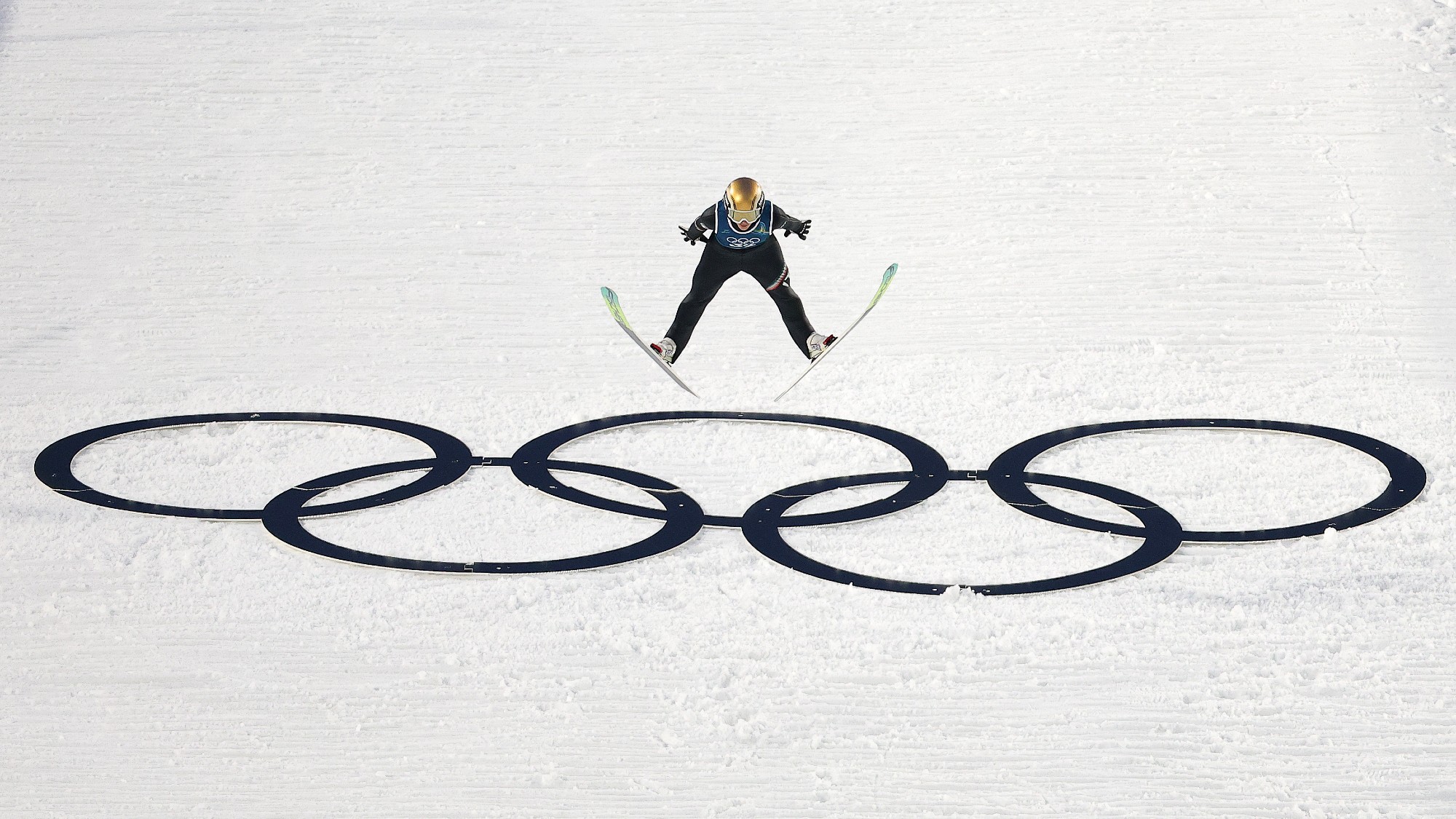 What to watch out for at the Winter Olympics
What to watch out for at the Winter OlympicsThe Explainer Family dynasties, Ice agents and unlikely heroes are expected at the tournament
-
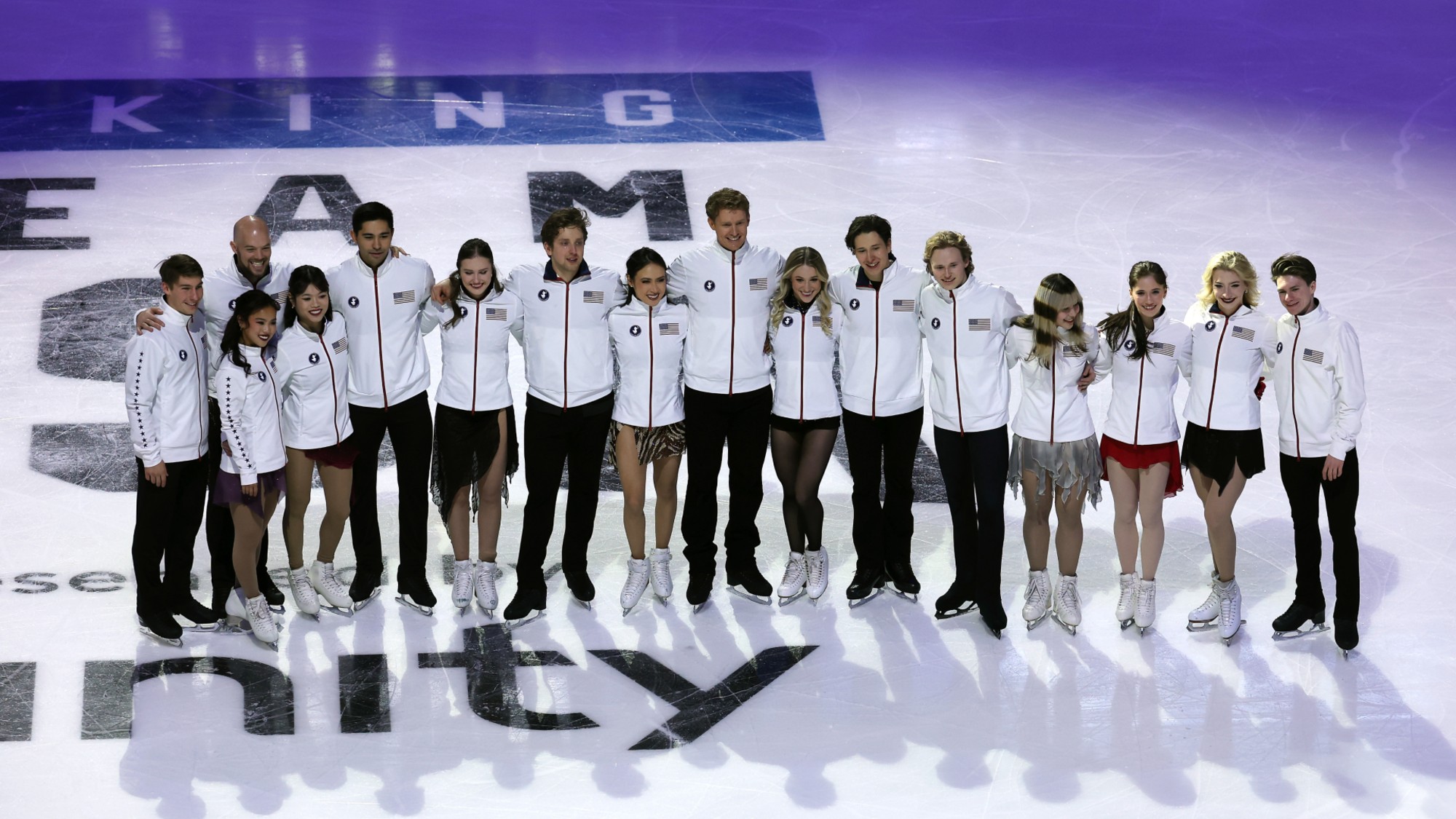 The US Olympic figure skating team might be the ‘greatest’ ever
The US Olympic figure skating team might be the ‘greatest’ everIn the Spotlight The team will take to the ice in February
-
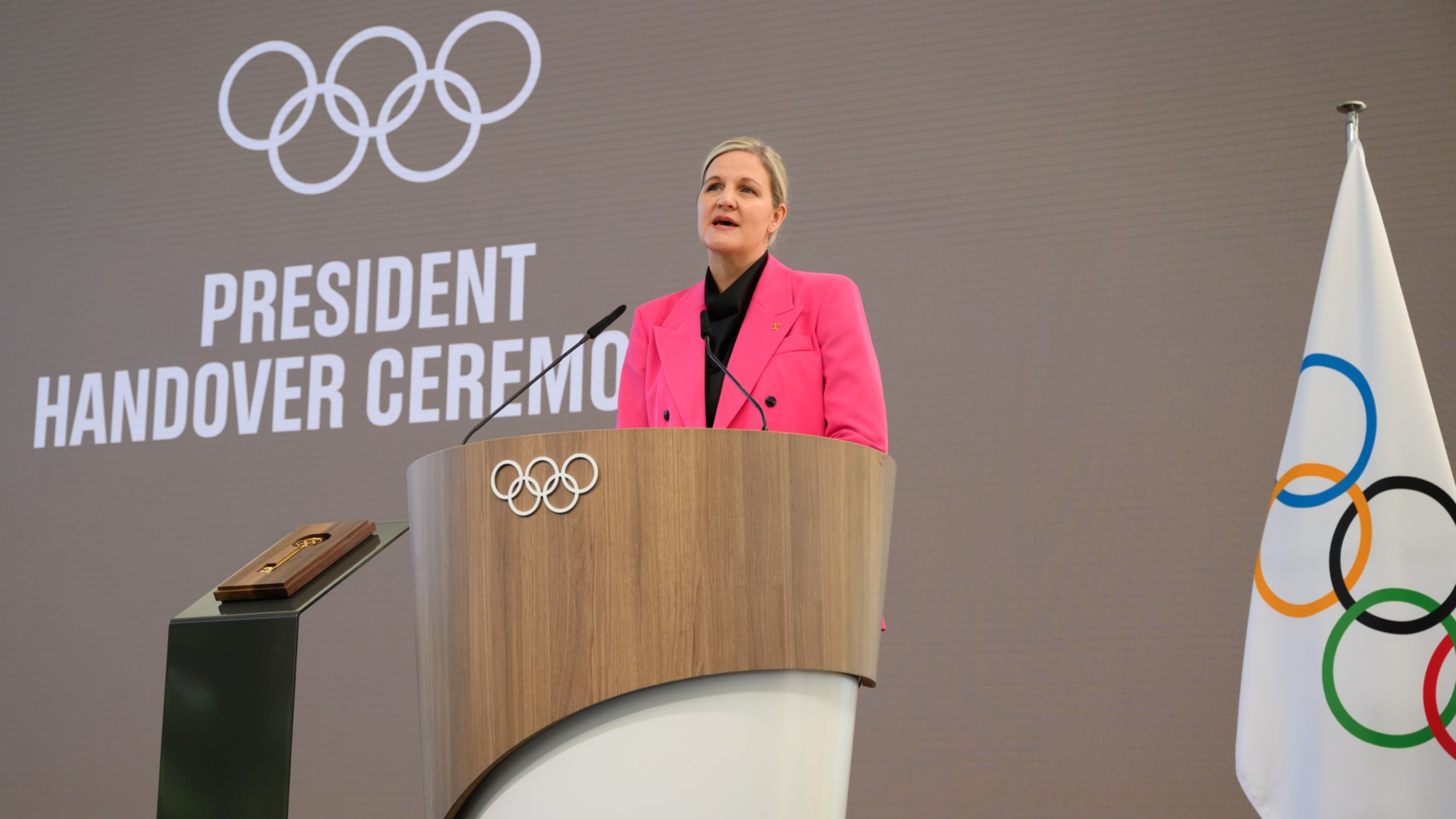 Kirsty Coventry: the former Olympian and first woman to lead the IOC
Kirsty Coventry: the former Olympian and first woman to lead the IOCIn the Spotlight Coventry, a former competitive swimmer, won two Olympic gold medals
-
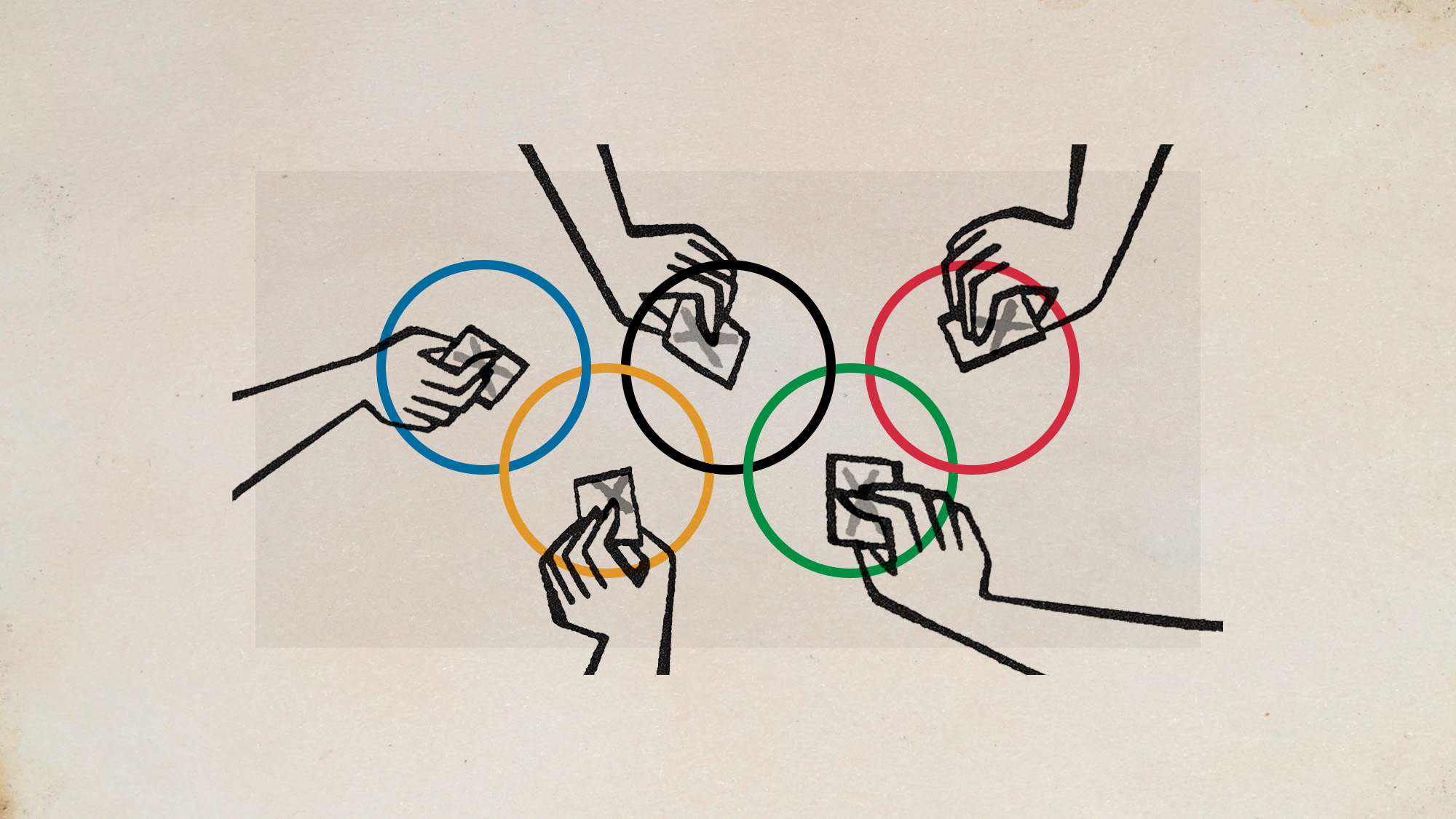 The 'secretive and strange' battle for the most powerful role in sport
The 'secretive and strange' battle for the most powerful role in sportUnder The Radar Sebastian Coe among the contenders as the International Olympic Committee gathers to choose its next president
-
 And the gold goes to the wackiest events of Olympics past
And the gold goes to the wackiest events of Olympics pastThe Explainer Prior games have included contests like pigeon shooting and hot air ballooning